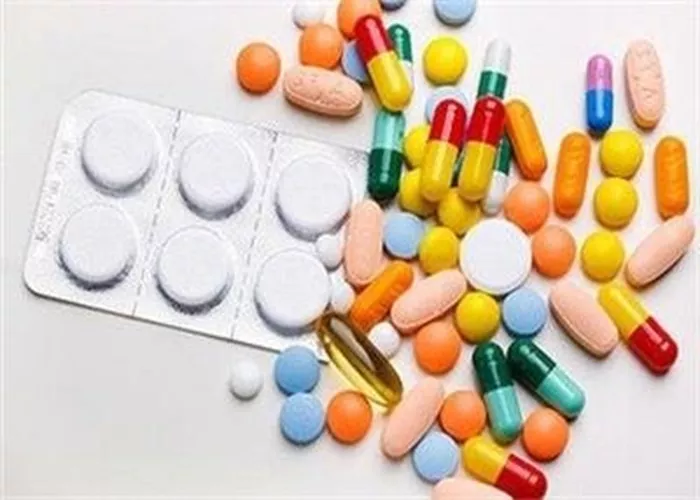Semaglutide injections are currently the most popular option for GLP-1 therapies, but the introduction of oral drops and pills has sparked interest in how these forms compare. We consulted medical experts to understand the key differences in effectiveness, side effects, and cost between semaglutide injections, pills, and drops.
Effectiveness: Injections Lead the Pack
When it comes to effectiveness for weight loss, injections are the most reliable. According to Dr. Lizzie Benge, MD, injections are superior because they bypass the digestive system, ensuring a higher concentration of the drug reaches the bloodstream. This leads to more consistent results, with injections showing around two pounds more weight loss per month compared to pills.
In contrast, semaglutide pills and oral drops are absorbed via the gastrointestinal system, which can diminish their effectiveness. Stomach acid interferes with the breakdown of the drug, making it harder for the body to absorb the active ingredients. While pills still offer weight loss benefits, they tend to be less effective compared to injections.
Oral drops, such as those from CheekyMD, are still unproven in terms of their effectiveness and safety. More clinical testing is needed to assess their potential as a viable alternative to injections or pills.
Side Effects: Similar Across All Methods
The side effects for GLP-1 medications are largely the same, regardless of the administration method. Common side effects include nausea, diarrhea, constipation, headaches, and fatigue. However, because injections deliver a higher concentration of the drug more directly into the bloodstream, Dr. HaVy Ngo-Hamilton, PharmD, suggests that side effects may be more pronounced with injectables.
While pills and drops generally produce similar side effects, more detailed studies are required to determine how these new administration forms might compare in terms of adverse effects.
Cost: Pills and Drops Are More Affordable
In terms of affordability, oral semaglutide pills and drops (if FDA-approved) are likely to be less expensive than injections. The lower cost of production for these forms, due to simpler manufacturing and storage needs (no refrigeration), could make them a more accessible option for patients. However, pricing could fluctuate based on insurance coverage, demand, and market dynamics.
The Future of GLP-1 Therapy
While injectables currently lead the market in terms of effectiveness, the oral forms of semaglutide present promising alternatives. Oral medications are particularly appealing to patients who are needle-averse or seeking a more convenient treatment method. As research into pills and drops continues, they may reshape the GLP-1 landscape, potentially offering similar weight loss benefits with fewer side effects and a more affordable price point.
Ultimately, the best option will depend on individual preferences, tolerance for side effects, and accessibility. Patients should consult their healthcare providers to decide which form of GLP-1 therapy is most suitable for their needs.
Related Topics:


